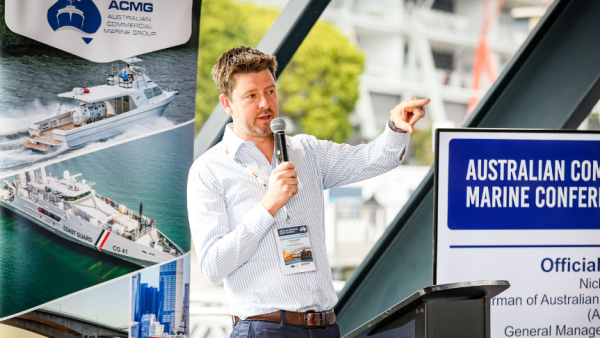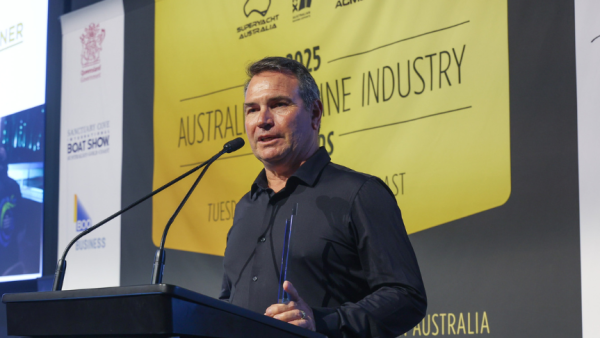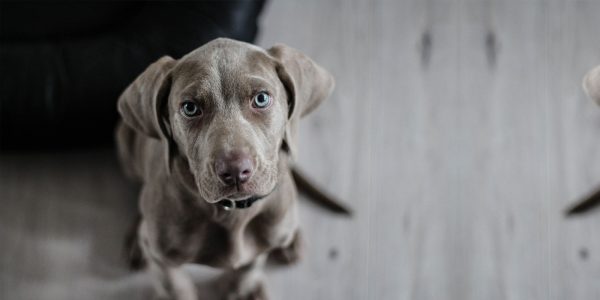CLICK HERE FOR FTA FACT SHEET
Accessing FTA’s
Is it beneficial for importing as well
FTAs liberalise trade relating to both imports and exports. From a customs duty perspective, FTA have the potential to remove 5% customs duty. However, not all imports are subject to duty and there are other available concessions.
Do we have to apply for it
The benefits under FTAs do not apply automatically. The importer needs to claim the benefit when importing goods. Generally, in order to do this, the exporter will need to have provided the importing customer with a certificate or declaration of origin.
Does the freight forwarder do it automatically
It will usually be the customs broker of the importer that will complete the documentation where the FTA preference will be claimed. As an exporter, you can expect your freight forwarder to ask if you have a certificate of origin. However, you do not need to wait to be asked. Contact your customer and discuss whether they will claim the benefit under the FTA.
What about Malaysia - do they have free trade agreement
Malaysia is party to two FTAs with Australia. A bilateral FTA between just Australia and Malaysia and both countries are also party to a multilateral FTA concerning Australia, New Zealand and the ASEAN countries. Both FTAs should be reviewed to compared preferential rates and compliance requirements.
What about Canada
Canada is a member of the Trans Pacific Partnership. If the TPP is implemented it will significantly increase the level of free trade between Australia and Canada. Otherwise, there are a small number of goods that currently receive concessional treatment on export to Canada and this should be discussed with your broker.
TCO or FTA?
TCOs are tariff concessions orders and are made on application where there is no local manufacturer of the goods in Australia. Where they apply, they reduce import duty to zero. A TCO should be considered along with FTAs as a means of reducing duty on imported goods. TCOs can be administratively more efficient than an FTA. However, you must be sure that your goods fit precisely within the terms of the TCO.
What about buying land overseas
Purchasing land comes under foreign investment. Some FTAs deal with foreign investment. Often the outcome is to permit Australian purchasers the same rights as citizens of the FTA partner or to increase the value of land that can be purchased by an Australian investor without requiring approval. Each FTA should be inpidually reviewed.
Can consignment stay under bond
Shipments are permitted via a third country. However, to maintain the status as a qualifying good of a particular country, the goods generally must stay under bond. That is, the goods must not enter into the commerce of a third country.
Does it matter where you get paid for the goods
No. The key factor is the origin of the goods.
Does Tradex still apply
Tradex allows for duty and GST deferral on imported goods that will later be exporter. Tradex is still available. However, it will not be as relevant if the goods are entered duty free under an FTA.
What does 'principal function' mean in relation to tariff classification
Duty rates and rule of origin are determined by a goods tariff classification. Where a good has multiple potential tariff classification, one rule for determine the classification focuses on the principal function of the goods. There is a lot of case law on this issue and it will differ for product to product. Relevant considerations are which of the goods functions is its primary function or gives the good its essential character.
Do vessels have its own tariff classification chapter
Yes. vessels are classified to chapter 89 of the harmonised system for tariff classification code.
what if I put an imported motor into my boat - is it enough to qualify
Where the origin rule focuses on the value of Australian content, the change may be sufficient. Where the rule of origin focuses on change in tariff classification it will depend on whether the edition of a motor causes a sufficient change in the tariff classification of the imported boat when compared to the exported boat. This will depend on what type of boat was imported and the terms of the relevant FTA.
Should companies ask their customs broker about FTAs
Yes. A good customs broker will be able to explain the benefit of an FTA for your particular goods and the relevant rules of origin.
Can a COO be obtained retrospectively
There are provisions allowing for the retrospective issuing of certificates of origin. Generally there needs to be a reason beyond your control explaining why the certificate of origin could not be provided at the time of export.
Does the customer/importer have onus to make use of the FTA
It is the importer that must claim the benefit of the FTA. However, they will only be able to do this if the supplier/producer has provided them with a certificate of origin.
Is it worthwhile to claim for an export that contains (say) 200 low value parts
Each different good will require an assessment as to whether it meets the origin rules. For manufactured goods this can require a reasonable amount of work. Due to this reasons FTAs can often not be cost effective for consignments made up of 100s of different low value goods. Exporters need to compare the potential duty saving and likely increase in trade with the cost of ensuring FTA compliance.
Are cartons and packaging counted when applying the rules of origin
Cartons and packaging are not considered when applying the change in tariff classification origin rule but are included when considering the regional value content rules.
Is profit taken into account when calculating the value of Australian materials
Yes. When determining whether a good has the minimum level of Australian content, an amount is to be included for the profit added in the usual course of trade. This profit is counted as Australian originating material.
Is the duty based on the shipping invoice - is the shipping invoice linked to the consignment
Duty is based on the customs value of goods which is generally based on the price in the commercial invoice (subject to some adjustments). A shipping invoice may be different to a commercial invoice. However, if the value of goods in that invoice reflects the value under commercial invoice, it will result in the correct customs value.
Do you require a Certificate of Origin for each consignment
Under most FTAs a certificate of origin is requirement of each consignment. Under the Korean FTA the one certificate of origin can be used for multiple consignments over 2 years.
FTA Policy
What is the Government's motivation for doing this initiative
The Government wishes to promote international trade. FTAs remove some barriers to trade. Many of those barriers exist around agricultural goods which are a key Australian export.
Do we have any influence
Inpidual traders can try influence FTA outcomes by letting Government representatives know their key concerns. This might be barriers to export trade that need to be removed or a local industry that still requires protection. The best way to let Government know your concerns is via your industry body.
What is RCEP?
RCEP is an FTA being negotiated between Australia, China, India, Japan, New Zealand, Korea and the Sean countries. When concluded it will cover 40% of the world’s population. Please see the DFAT website for current information on this FTA.
What is the hold up with the Trans Pacific Partnership
The terms of the Trans Pacific Partnership have been negotiated. The FTA is now at the stage of obtaining domestic approval in each of its 12 member countries. A significant issue is the US where the agreement has the support of President Obama but not of any of the current presidential candidates. This may make their parliament unwilling to approve the FTA until after the 2016 US election.
What happens to the TPP if Clinton gets in
Ms Clinton has not committed to passing the Trans Pacific Partnership in its current form. She has commented that she would like to renegotiate some of its terms. This would set back the likelihood of the Trans Pacific Partnership being implemented in the near future.
How long before fully introduced
The China FTA will be fully implemented by 1 January 2029 although for manufactured goods it will be fully implemented by 1 January 2019. The Korean FTA will be fully implemented by 2034. However, for manufactured goods it will be fully implemented by 1 January 2023.
What about dumping duties
Dumping duties apply to goods that are sold in Australia at a price that is less than their domestic selling price and this reduced price has a material negative impact on the Australian industry. Other than Australia’s FTA with New Zealand, FTAs do not alter the laws regarding dumping. Whether goods are dumped is determined by the Australian Anti-Dumping Commission.
What is de Minimus rule in relation to a FTA
Goods must satisfy the rules of origin applicable to that good under the FTA. One of those rules looks at the change in tariff classification of imported content compared to the tariff classification of the exported content. The de minimus rule provides that the change in tariff classification rule only needs to be satisfied in respect of 90% of the exported good. 10% is classed as de minimus and is disregarded.
Are HS Codes being reviewed
HS Codes are the codes used when classifying goods for import and export purposes. They are updated every 5 – 6 years. The last update was in 2012.
Who polices FTA
The Customs Authorities of the importing country determines whether the claim that the goods meet the requirements of the FTA is correct. They can audit claims as to origin and the content of certificates of origin.</td>


